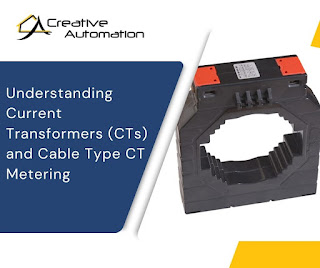Understanding Single Phase Voltmeter, Electronic, and Digital Meters in Electrical Panel Systems
Introduction:
In the realm of electrical systems, accurate monitoring and measurement are fundamental for efficient operation and maintenance. This article explores the significance of single-phase voltmeters, electronic meters, and digital meters within the context of electrical panel systems.
Definition:
A single-phase voltmeter is a device that measures the voltage in a single-phase electrical system. It provides a visual representation of the potential difference between two points, expressed in volts.
Key Features:
Visual Readout: Single-phase voltmeters typically have analog displays that provide a clear visual indication of voltage levels.
Application: Widely used in residential, commercial, and industrial settings to monitor voltage fluctuations and ensure stable power supply.
Definition:
An electronic meter refers to a more advanced measuring device that employs electronic components for accurate measurement of various electrical parameters such as voltage, current, and power.
Key Features:
Digital Display: Electronic meters often feature digital displays, providing precise readings in numerical form.
Multifunctionality: These meters can measure multiple parameters, offering versatility in monitoring and diagnostics.
Communication Capabilities: Some electronic meters have communication interfaces for data logging and remote monitoring.
Definition:
A digital meter is a type of electronic meter that utilizes digital technology for measurement and display of electrical parameters. It typically replaces analog instruments with digital readouts.
Key Features:
High Accuracy: Digital meters are known for their high precision and accuracy in providing real-time measurements.
User-Friendly Interfaces: Clear digital displays and user-friendly interfaces make these meters easy to read and operate.
Advanced Functions: Some digital meters come with advanced features such as data storage, programmable settings, and integration with control systems.
Definition:
An electrical panel meter is a device integrated into electrical panels to measure and display various parameters within a system. These can include voltmeters, ammeters, and wattmeters.
Key Features:
Centralized Monitoring: Panel meters provide a centralized means of monitoring critical electrical parameters in a system.
Diverse Functions: Depending on the type, panel meters can measure voltage, current, power, and other relevant parameters.
Compact Design: Designed for seamless integration into electrical panels, these meters optimize space and streamline control.
Conclusion:
In summary, the integration of single-phase voltmeters, electronic meters, and digital meters, especially within electrical panel systems, is pivotal for maintaining optimal performance, safety, and efficiency in various applications. As technology continues to evolve, these meters play a crucial role in modernizing electrical systems and ensuring accurate monitoring of vital parameters. Whether it's the simplicity of a single phase voltmeter or the advanced capabilities of a digital meter, the right choice depends on the specific requirements of the electrical system at hand.



.jpg)
Comments
Post a Comment